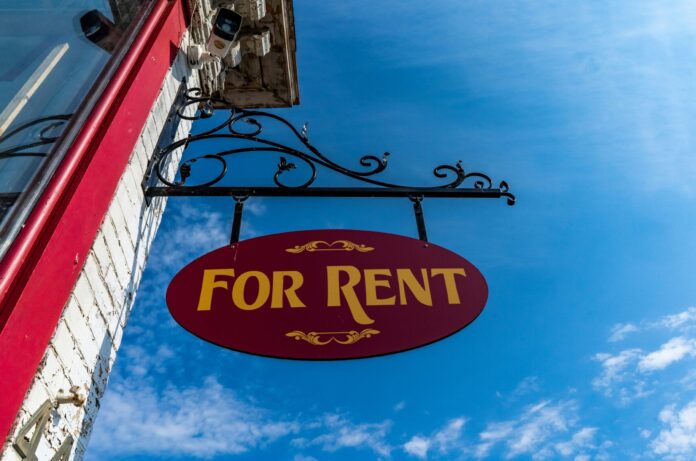The BC government is taking steps to protect renters from bad-faith evictions, eliminate rent increases for a new child, and help landlords resolve rental disputes faster.
Premier David Eby says most landlords and tenants play by the rules and have respectful relationships, but too many people face unfair rent hikes and evictions under false pretenses.
The Premier adds, “at the same time, many people who have chosen to rent part of their home are struggling to end problematic tenancies,” and action is being taken to protect both renters and landlords with stronger rules.
The proposed changes to the Residential Tenancy Act and the Manufactured Home Park Tenancy Act will restrict rent increases if a tenant adds a child under 19 to their household.
To deter bad-faith evictions, landlords will need to use a web portal to generate an eviction notice to help educate landlords about the required conditions and risks of bad-faith evictions.
Steps are also being taken to resolve rental disputes faster.
The Attorney General ministry’s new Money Judgment Enforcement Act will come into force in 2025, making it easier and less costly for people to get the money owed after Residential Tenancy Branch decisions.
Ravi Kahlon, Minister of Housing says the amendments will better protect tenants from unfair evictions, promote greater compliance and improve the rental system.
Kahlon says renters should not lose their homes “because of some bad actors who don’t follow the rules,” but landlords need the certainty that “issues with problematic tenants can be resolved quickly.”
Other changes include:
- allowing for more flexibility in addressing cases where there is a problematic tenancy and prescribing more clear guidelines for ending tenancy with justified cause;
- increasing the amount of notice a landlord must give a tenant when ending a tenancy for personal occupancy;
- increasing the amount of time a landlord must occupy a rental unit after ending a tenancy for personal occupancy from six months to 12 months;
- increasing the amount of time a tenant has to dispute a notice to end tenancy from 15 days to 30 days;
- prohibiting evictions for personal use in purpose-built rental buildings with five or more units; and
- prohibiting eviction for the conversion of rental units to specific non-residential uses.






